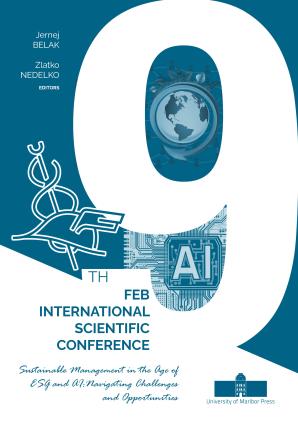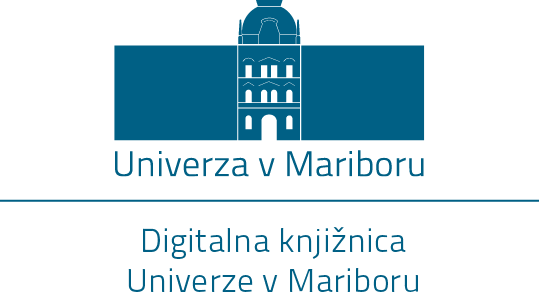Public-Private Partnerships for Green Skills: Evaluation of Different Stakeholders Under the Shadow of Game Theory Model
Kratka vsebina
Green skills development is central to achieving sustainability goals, but development of green skills is hindered by strategic triads of governments, private sector players, awareness campaigns, large data intermediary players. The aim of writing this research work is to develop a game theory framework for incentive and strategic decision in where the green skills are absorbed. Initially with a strategic game in which every player decides whether to invest in green skills L or H. Payoff functions have economic benefits, costs, and externalities that will arise because of other players choices. Thus, a Prisoner’s Dilemma effects yielding low cooperation (L, L) exogenously, although it is socially optimal to invest, yielding (H, H). A Public Goods Game framework emphasizes the issue of free riding, in which actors receive the benefits of others’ contributions without investing themselves. The study analyzes potential policy interventions to address the inefficiencies by exploring the implications of government subsidies (S_G), penalties for non-compliance, and public-private partnerships that help to realign incentives. This research work developed a framework with key green skill components to guide policymakers and businesses to optimize their green skill development strategies. Utilizing insights from game theory, stakeholders can create incentive-compatible mechanisms that ensure collaboration, productivity, and a workforce dedicated to innovation.
Prenosi
Strani
Izdano
Kategorije
Licenca

To delo je licencirano pod Creative Commons Priznanje avtorstva-Deljenje pod enakimi pogoji 4.0 mednarodno licenco.






